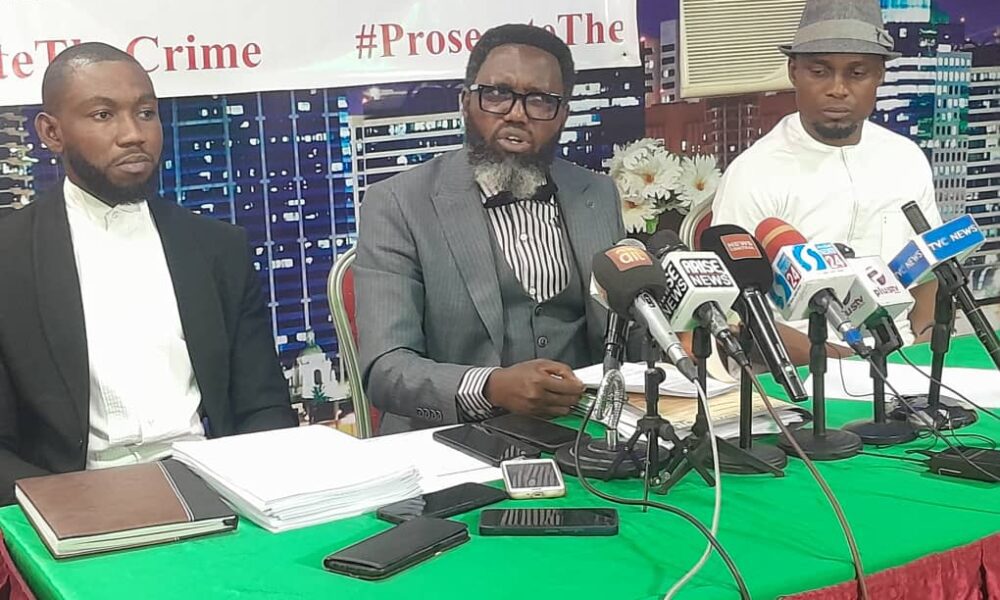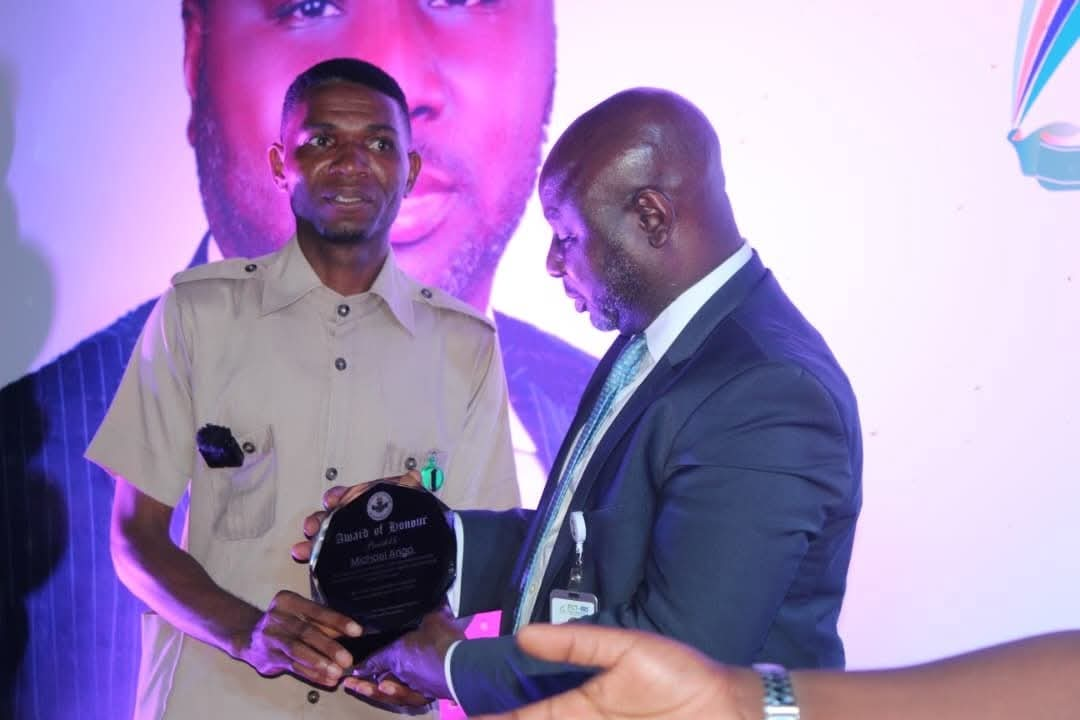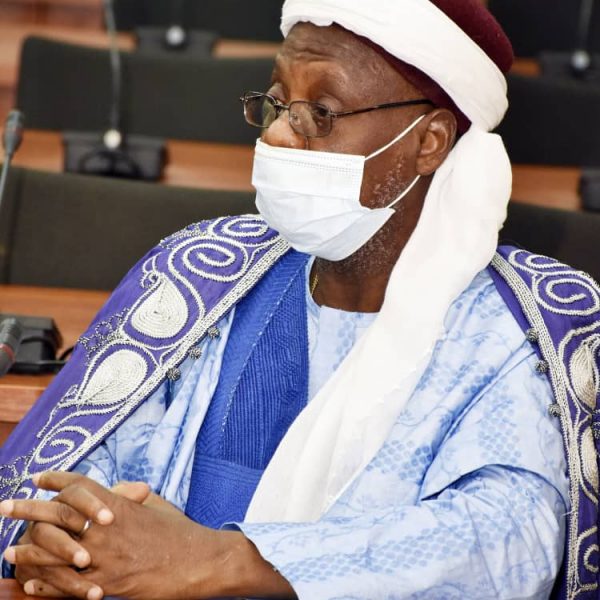***As Barrister Maxwell Opara demands Justice for Mama Yesufu
In a fiery press conference held on Tuesday, Barrister Maxwell Opara reignited calls for justice in a high-stakes property fraud scandal that has left 79-year-old Hajia Colleen Mero Yesufu fighting to reclaim her properties in the Katampe and Guzape districts of Abuja.
The case, involving allegations of forgery, criminal trespass, and fraudulent property sales, has also raised questions about police integrity and accountability.
Central to the case is Rebecca Omokamo Godwin Isaac (alias Bilkisu Ishaku Aliyu) and her company, Homadil Realty Limited.
They are accused of orchestrating a conspiracy to fraudulently seize Yesufu’s properties, allegedly with the complicity of certain police officers.
Despite substantial evidence presented by the Economic and Financial Crimes Commission (EFCC), including forged documents used to manipulate the Abuja Geographic Information System (AGIS), the Nigeria Police Force has controversially dismissed the matter as a “civil issue.”
Opara criticized the Nigeria Police Force, specifically the Inspector General of Police (IGP) and spokesperson ACP Olumuyiwa Adejobi, accusing them of shielding the accused.
“How can the Police classify a case as civil without conducting any investigation?” he asked. He further revealed that the EFCC had not only identified the fraudulent documents but also secured an interim forfeiture order on the disputed properties. Yet, according to Opara, the Police have not only failed to act but have allegedly provided armed escorts to protect the suspect’s illegal constructions.
Opara highlighted what he termed the Police’s selective approach to justice. “If the Police can arrest someone for stealing a chicken or detain activists over tweets, why can’t they prosecute those involved in such brazen fraud?” he asked, launching the #ProsecuteTheCrime campaign to demand accountability.
The human rights lawyer also condemned alleged police harassment of the Yesufu family and journalists covering the case, stating that such actions undermine public trust in law enforcement. “Justice in Nigeria often wears the veil of influence instead of being blind,” he said, urging the IGP to distance himself from the case to ensure impartial investigations.

Opara called on the EFCC to expedite the prosecution of the suspects and appealed to the media to amplify the call for justice for vulnerable citizens like Mama Yesufu. “This is not just about one woman; it’s about the future of justice and the protection of the weak in our society,” he said.
In closing, Opara vowed to pursue justice relentlessly, declaring, “We will not stop until every shred of influence shielding criminals is removed and Mama Yesufu’s rights are restored.”
This case, which highlighted the interplay between corruption, influence, and justice in Nigeria, has sparked public outrage and rekindled debates about the integrity of the nation’s justice system.
The call for justice for Mama Yesufu is not just a legal battle but a test of Nigeria’s commitment to fairness and equality before the law.



